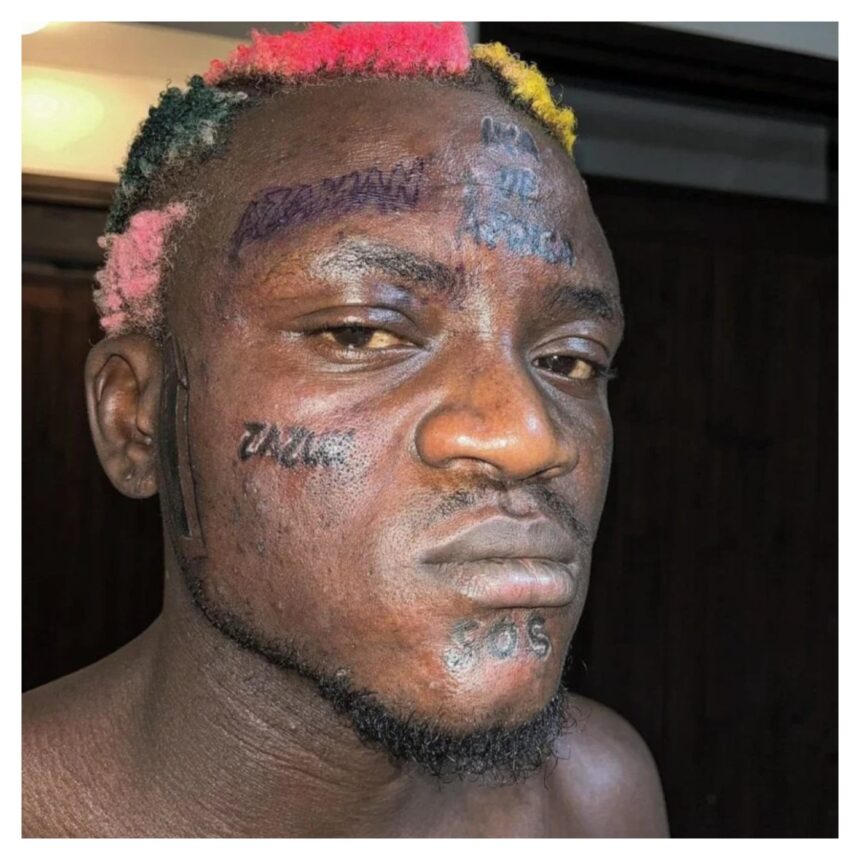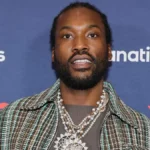I look like Lil Wayne, not Asake’ – Portable reacts to facial tattoos comparisons
The Nigerian singer Habeeb Okikiola, popularly known as Portable, has recently voiced his strong disapproval of being compared to his fellow artist, Asake, over their facial tattoos. The controversy began when Asake, the talented Nigerian musician known for his hit song “Terminator,” posted a picture on Instagram showcasing his newly inked facial tattoos. Among the designs on his face were dollar signs and the word “Believe,” which quickly caught the attention of fans and critics alike. This sparked a range of reactions from the public, with some people drawing comparisons between Asake’s tattoos and those of Portable, who is also known for his distinct facial tattoos.
These comparisons did not sit well with Portable, who, in a passionate video message shared on his social media platforms, firmly rejected being associated with Asake in this way. He made it clear that he did not appreciate being compared to the “Omo Ope” hitmaker, stating with frustration that he did not resemble Asake at all. Instead, Portable insisted that his appearance, particularly his facial tattoos, were more akin to that of the famous American rapper, Lil Wayne.
Portable’s message in the video was laced with intensity as he voiced his displeasure, even going as far as calling Asake “overrated.” He emphasized that fans should not make such comparisons, and firmly stated, “Don’t compare me to Asake. I don’t look like Asake. I look like Lil Wayne.” His words were a direct response to the growing number of people who had drawn parallels between his look and that of his colleague, Asake.
The situation highlights the ongoing tension and rivalry that sometimes emerges within the Nigerian music industry, where artists often find themselves the subject of public scrutiny and comparison. For Portable, the issue was not only about his personal style but also about how he perceived himself in relation to other artists. His insistence on being compared to Lil Wayne, rather than Asake, underscores the pride he takes in his own unique image and the way he wants to be perceived within the music scene.
In the end, this exchange between the two artists serves as another reminder of how public figures, especially in the music industry, navigate their public personas and the reactions they evoke from fans. For Portable, his facial tattoos are a key part of his identity, and he clearly feels that his style should be viewed as distinct and separate from that of Asake, even though both share similar body art choices.




